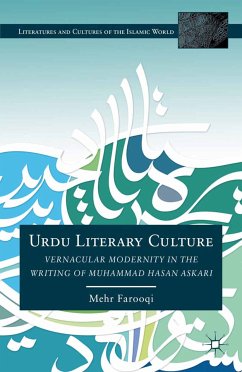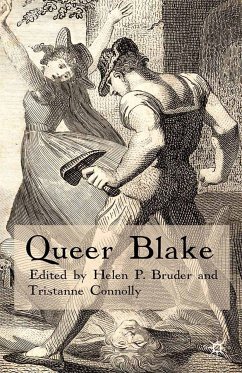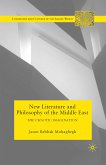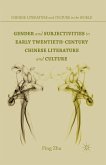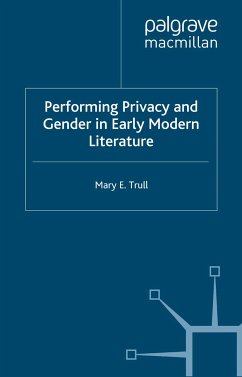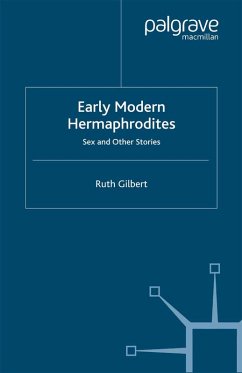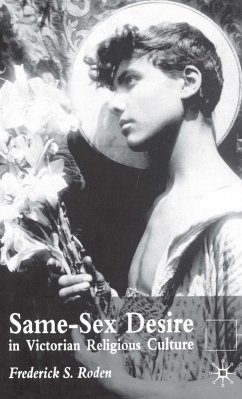Dieser Download kann aus rechtlichen Gründen nur mit Rechnungsadresse in A, B, BG, CY, CZ, D, DK, EW, E, FIN, F, GR, HR, H, IRL, I, LT, L, LR, M, NL, PL, P, R, S, SLO, SK ausgeliefert werden.
'Farooqi thoughtfully examines the life and work of Muhammad Hasan Askari, arguably the foremost critic in the world of mid-twentieth century Urdu letters. Farooqi shares with us herexcitement for this world, which included movements of aesthetic innovation, leftist literary progressivism, and renewed Islamic identity. She shows us how Askari achieved insights into all these movements, but from his own perspective one grounded in the classical Urdu literary heritage but informed both by Western literary critical thought. Farooqi gives us some nice close readings of the daring short stories that brought Askari early acclaim but focuses on his later, much more voluminous, work asan essayist, adroitly summarizing key texts of this untranslated corpus and presenting exemplary passages in English. She also deals sensitively with his personal life, including questions about the nature of his affection for two other literary figures of the day. Engagingly written and perceptive, Urdu Literary Culture will be welcome by all readers interested in modern South Asian literature.' - Daniel Gold, Professor, South Asian Religions, Department of Asian Studies, Cornell University
'Farooqi is a literary historian and a raconteur. Her subject, Muhammad Hasan Askari, is an unfamiliar figure outside the world of Urdu letters, but in her vivid account we meet him and we see a portrait of a generation.' - Michael Beard, Chester Fritz Distinguished Professor of English, University of North Dakota

